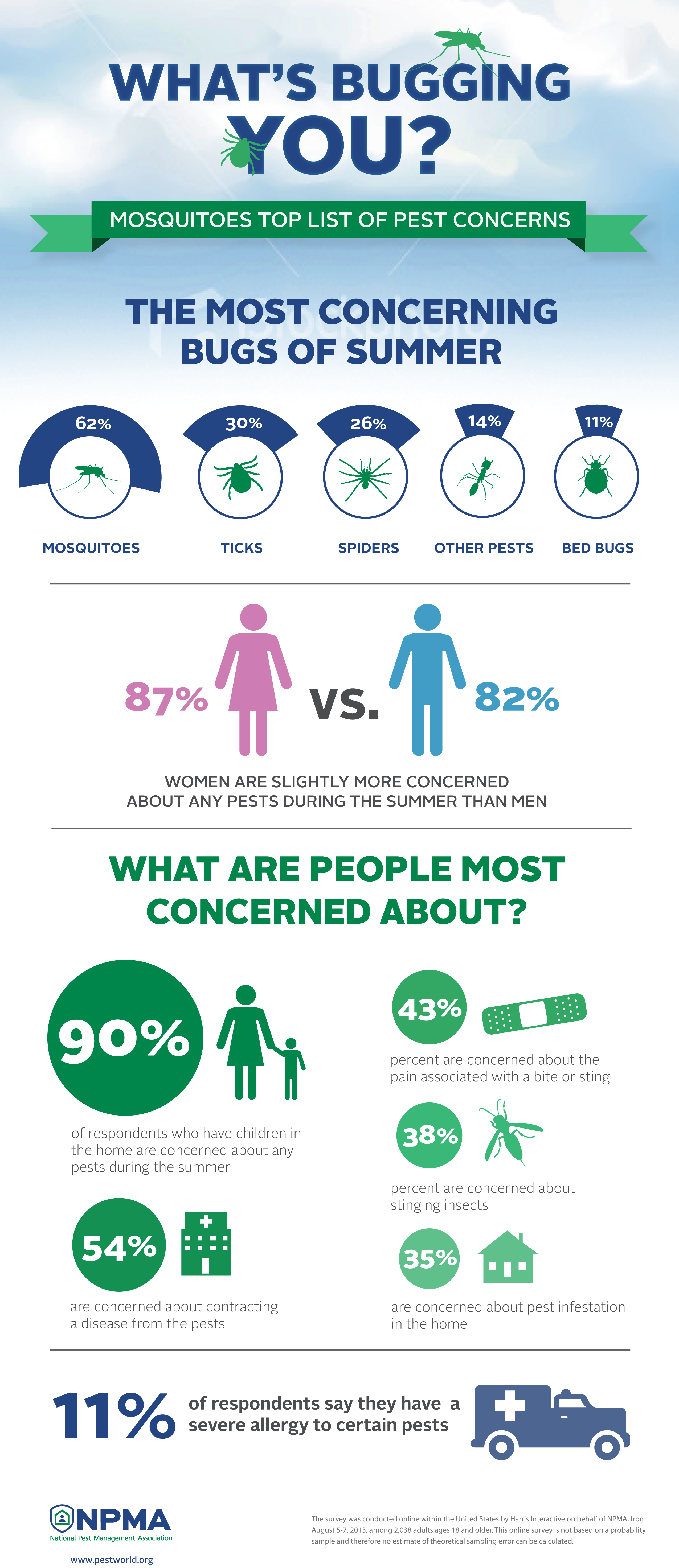Find Out The Keys Of Rat Actions And Take Control Of Your Room. Discover Reliable Strategies To Keep These Pesky Animals At Bay
Find Out The Keys Of Rat Actions And Take Control Of Your Room. Discover Reliable Strategies To Keep These Pesky Animals At Bay
Blog Article
Material By-King Gilliam
Have you ever before questioned why rats appear to be so elusive and challenging to regulate? Understanding the behavior of rats is vital to successfully managing their populations.
By acquiring insight right into their communication patterns, feeding behaviors, and nesting and reproducing habits, you can create approaches that will certainly help you maintain these pesky rodents at bay.
So, let's discover the interesting world of rat habits and uncover how this knowledge can encourage you in the fight versus these undesirable house guests.
Communication Patterns
To understand rat actions, it is very important to examine their interaction patterns. Rats are very social creatures and count on interaction to endure and grow in their setting. They use numerous forms of interaction to communicate info to other rats in their group.
One vital element of rat communication is their articulations. Rats produce a vast array of sounds, including squeaks, tweets, and chattering, which serve various purposes. These vocalizations can share worry, aggression, or even satisfaction.
Along with articulations, rats additionally communicate through body language. They utilize their tails, ears, and postures to share messages to various other rats. For example, an upright and puffed-up pose may suggest dominance, while a squashed stance might show entry.
Feeding Behaviors
Rats' interaction patterns offer insight into their feeding routines. Understanding just how rats feed can help us far better control their populaces. Here are termite problem about their feeding routines:
- ** Omnivorous diet: ** Rats are opportunistic eaters and will take in nearly anything they find. From grains and fruits to meat and even garbage, their diet plan is unbelievably diverse.
- ** Hoarding behavior: ** Rats have an all-natural impulse to hoard food. They'll gather and keep excess food in concealed areas for later usage, making it challenging to locate and remove their food sources.
- ** Nocturnal feeding: ** Rats are mainly nighttime creatures, meaning they're most energetic throughout the night. They prefer to feed under the cover of darkness when they feel more secure and less most likely to run into predators.
- ** Water dependence: ** Rats need a constant resource of water to survive. They'll often seek out water sources near their feeding areas, such as leaky pipes or open containers, to satisfy their hydration needs.
- ** Scavenging pop over to this web-site : ** Rats are very competent scavengers, which permits them to grow in city atmospheres. They'll search for food in rubbish containers, dumpsters, and other places where human waste exists.
Nesting and Breeding Behavior
Nesting and reproducing actions in rats entails the creation of complex burrows and the establishment of ordered social structures.
Rats are understood for their capacity to dig complex systems of tunnels, which act as their nests. These burrows provide shelter, security, and a safe place for breeding. The nesting behavior of rats is driven by their instinct to locate a safe and secure and comfortable space for elevating their young.
Within these burrows, rats establish a hierarchical social structure, with leading people occupying higher placements. This hierarchy determines access to sources such as food and mates.
Breeding actions in rats is characterized by territoriality, with men contending for the possibility to mate with ladies.
Recognizing the nesting and breeding habits of rats is crucial for effective rat control techniques.
Conclusion
So, currently you have a better understanding of the intricate world of rat behavior. These intelligent animals have special interaction patterns and show interesting feeding routines.
Their nesting and breeding actions, while prolific, can be a delicate subject. By acquiring understanding right into their actions, we can come close to rat control with even more compassion and efficiency.
Bear in mind, attending to the presence of these resourceful rodents calls for a nuanced method that appreciates their natural reactions.
